Tel:
In the realm of woodworking, efficiency is key to achieving high-quality results while maximizing productivity. With the advent of CNC (Computer Numerical Control) machinery, woodworkers have experienced a significant boost in efficiency and precision. In this article, we'll explore how CNC machinery improves woodworking efficiency, highlighting its benefits and the role of woodworking CNC machine suppliers and factories in advancing the industry.
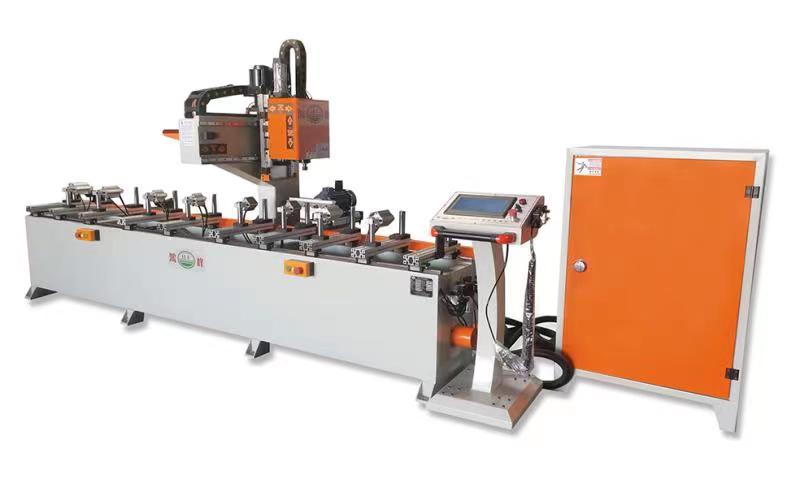
1. Precision and Accuracy:
One of the most significant ways CNC machinery enhances woodworking efficiency is through its unparalleled precision and accuracy. Unlike traditional woodworking tools, CNC machines follow programmed instructions with exceptional consistency, resulting in precise cuts, shapes, and designs. This precision minimizes material waste and ensures uniformity across multiple pieces, leading to higher-quality finished products.
2. Automation of Repetitive Tasks:
CNC machinery automates repetitive tasks that would otherwise be time-consuming and labor-intensive when performed manually. Whether it's cutting, carving, drilling, or engraving, CNC machines execute programmed tasks with speed and efficiency, freeing up woodworkers to focus on more creative aspects of their craft. By eliminating the need for manual intervention, CNC machinery streamlines production processes and reduces overall manufacturing time.
3. Versatility in Design Complexity:
Woodworking CNC machines offer unparalleled versatility in handling complex designs and intricate details that may be challenging or impossible to achieve with traditional tools. With CNC technology, woodworkers can create elaborate patterns, curves, and contours with precision and ease. This flexibility expands the range of design possibilities and opens doors to new creative opportunities, ultimately enhancing the appeal and value of woodworking projects.
4. Faster Production Turnaround:
The speed and efficiency of CNC machinery enable faster production turnaround times, allowing woodworkers to meet tight deadlines and fulfill customer orders promptly. With CNC technology, tasks that would typically take hours or days to complete can be accomplished in a fraction of the time, leading to increased productivity and customer satisfaction. This accelerated production cycle enables woodworking businesses to take on more projects and grow their revenue streams.
5. Reduced Material Waste:
CNC machinery minimizes material waste by optimizing cutting paths and maximizing the utilization of raw materials. Through computerized nesting algorithms, CNC machines arrange parts on the wood surface to minimize scrap and maximize yield. Additionally, the precision of CNC cutting results in tighter tolerances and reduced overcuts, further reducing waste and saving costs associated with material procurement.
6. Consistency and Repeatability:
Consistency is paramount in woodworking, especially when producing multiple pieces of furniture or components for assembly. CNC machinery ensures consistency and repeatability by precisely replicating designs across all pieces, eliminating variations that may arise from manual processes. This uniformity not only enhances the aesthetic appeal of finished products but also improves assembly efficiency and reduces the likelihood of errors or discrepancies.
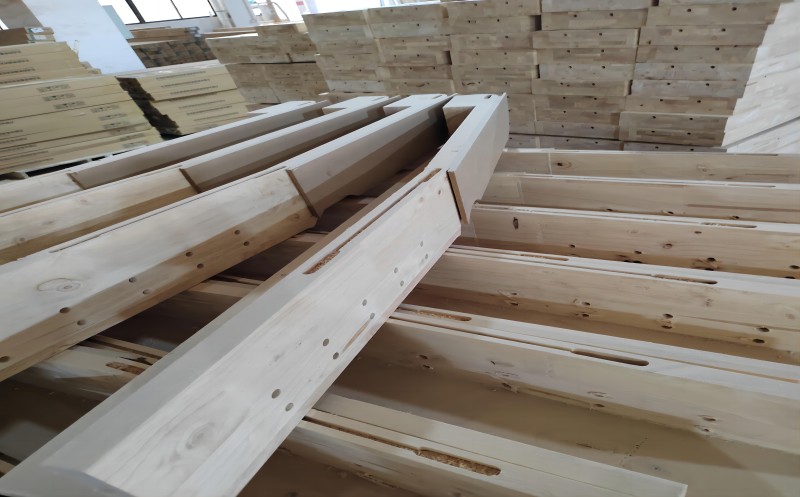
7. Integration of Advanced Software:
Woodworking CNC machines are often equipped with advanced software that enhances efficiency and usability. CAD/CAM (Computer-Aided Design/Computer-Aided Manufacturing) software allows woodworkers to create, edit, and visualize designs in a digital environment before executing them on the CNC machine. This integration streamlines the design-to-production workflow, reduces setup time, and minimizes errors, resulting in smoother and more efficient operations.
Woodworking CNC machine suppliers and factories play a crucial role in advancing the efficiency and capabilities of CNC machinery in the woodworking industry. These suppliers provide woodworkers with access to cutting-edge CNC technology, offering a wide range of CNC machines tailored to different woodworking applications and budgets. Additionally, CNC machine factories manufacture and assemble CNC machines, ensuring quality control and reliability in the products they deliver to customers.
In conclusion, CNC machinery has revolutionized woodworking by significantly improving efficiency, productivity, and precision. From automating repetitive tasks to enabling complex design capabilities, CNC technology offers numerous benefits that enhance the overall woodworking process. With the support of woodworking CNC machine suppliers and factories, woodworkers have access to the tools and resources needed to stay competitive and excel in today's dynamic woodworking industry.
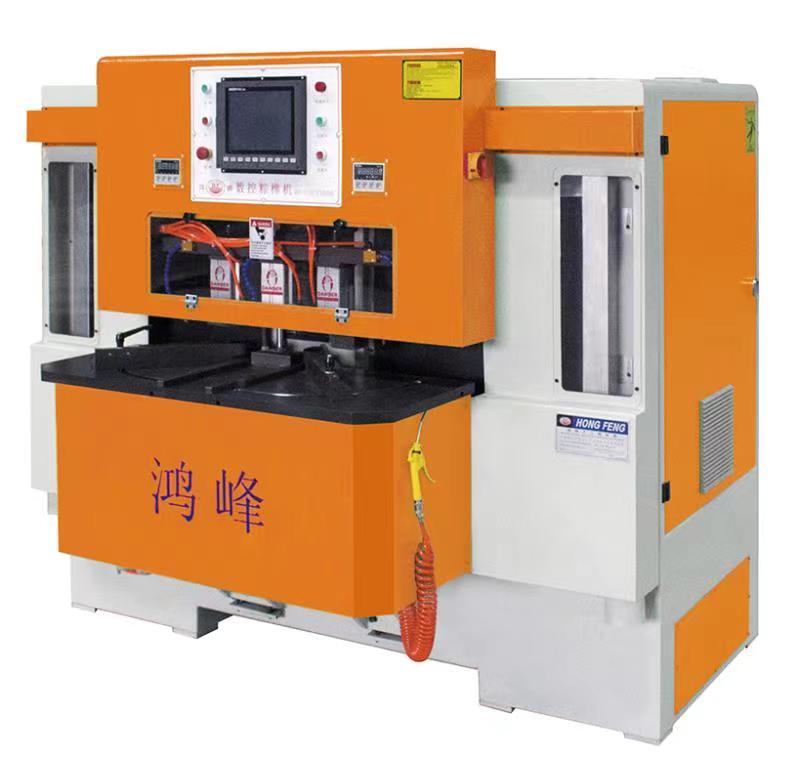 Enhancing Cutting Accuracy and Efficiency with CNC Miter Machines
Enhancing Cutting Accuracy and Efficiency with CNC Miter Machines
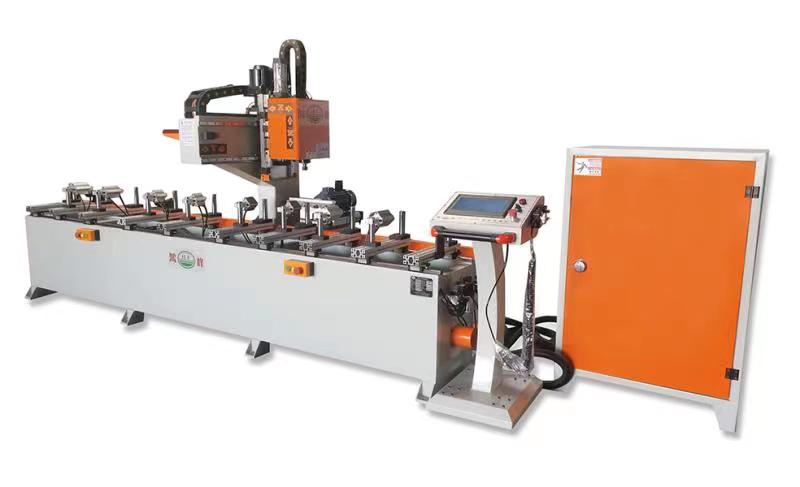 What Are the Common Mistakes to Avoid in CNC Groove Milling?
What Are the Common Mistakes to Avoid in CNC Groove Milling?
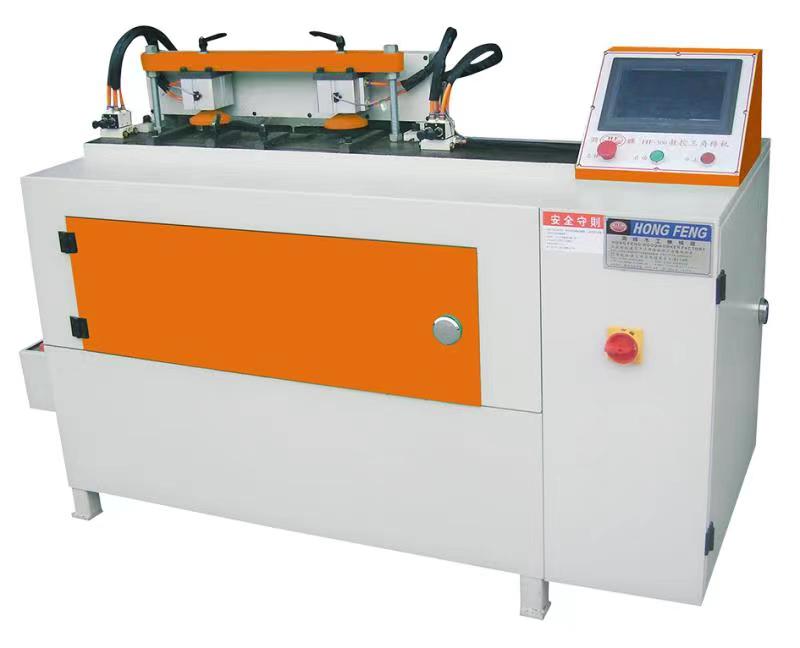 How to Choose the Best CNC Dovetail Machine?
How to Choose the Best CNC Dovetail Machine?
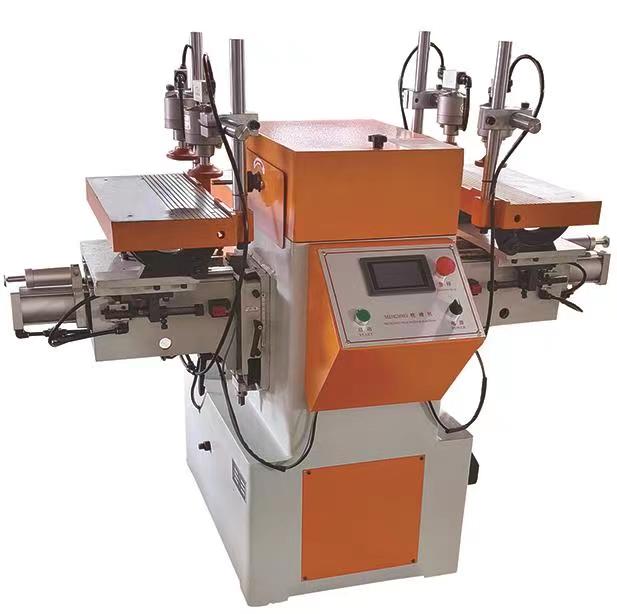 What Should You Look for in a Double End Mortising Machine Manufacturer?
What Should You Look for in a Double End Mortising Machine Manufacturer?
